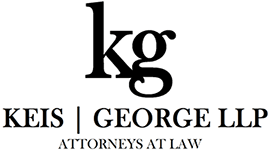In 2014, the West Virginia Supreme Court made a significant change to a party’s ability to recover for damage to real property. Prior to the Court’s 2014 ruling in Brooks v. City of Huntington, a property owner could not recover damages greater than the property’s fair market value. However, in Brooks, the Court ruled that in certain scenarios replacement cost of the damaged property can be recovered when it exceeds the property’s fair market value if the difference in the replacement cost value and fair market value is reasonable.
If the difference in the replacement cost value and fair market value is reasonable, replacement cost of the damaged property can be recovered when it exceeds the property’s fair market value.
The Brooks Court explained that a party seeking recovery for property damage “may recover the reasonable cost of repairing it even if those costs exceed the property’s fair market value before the damage.” The Brooks Court elaborated that “where the owner of residential real property which is damaged can establish that the pre-damage fair market value of the residential real property cannot be fully restored by repairs and that a permanent appreciable residential diminution in value will exist even after such repairs are made, then the owner may recover both the cost of repair and for such remaining diminution in value.”
The Brooks decision was a clear win for residential property owners.
Thus the Brooks decision was a clear win for residential property owners, who can now recover not only the cost of repairs, but also the property’s loss of value if the repairs do not restore the property to its pre-damaged fair market value. To discuss the Brooks decision or a similar matter, contact an attorney with our property subrogation practice.
